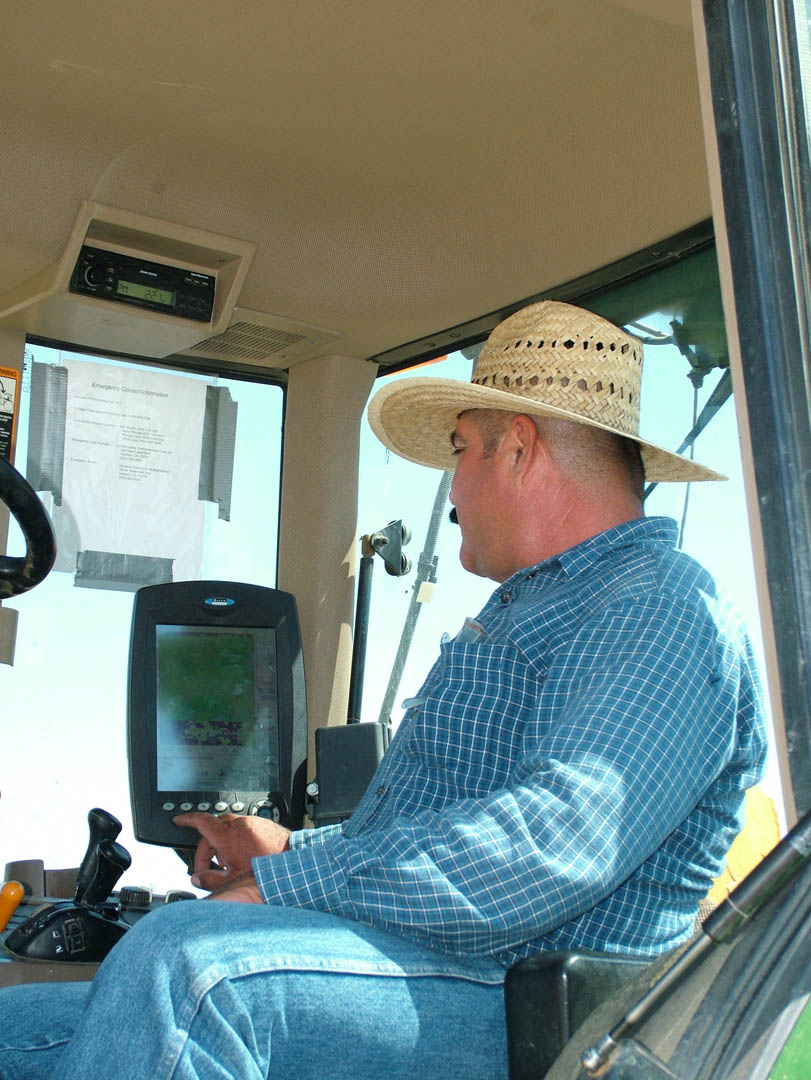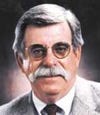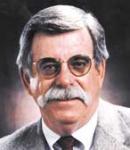
GPS interference ‘solution’ no solution
Solution to GPS interference from new wireless, satellite system not gaining favor.Aircraft industry, military wading into battle to halt development of LightSquared network.California Cotton Growers chairman says more farmers and the public should be speaking out.
June 28, 2011

The ‘solution’ to the interference of a new wholesale wireless and satellite network with Global Positioning System technology used by agriculture, aviation, the military and many others is no solution, according to those opposing the proposed network.
LightSquared, the nation’s first wholesale-only integrated wireless broadband and satellite network, this week outlined a “comprehensive solution” to the problem of its system’s interference with Global Positioning System (GPS) receivers. According to the company, this solution is to change frequencies it says “will greatly reduce the risk for (GPS) interference.”
According to LightSquared: “Test results show this lower block of frequencies is largely free of interference issues with the exception of a limited number of high precision GPS receivers that are specifically designed to rely on LightSquared’s spectrum.”
Jim Kirkland, vice president and general counsel for Trimble, a leading provider of GPS technology, said the solution “borders on bizarre.”
“LightSquared’s supposed solution is nothing more than a ‘Hail Mary move,” said Kirkland. “Confining its operations to a lower Mobile Satellite Service band still interferes with many GPS receivers in addition to the precision receivers LightSquared concedes will be affected.
“The government report results submitted to date already prove this. It is time for LightSquared to move out of the MSS band,” the Trimble attorney said.
Barry Schaffter, senior vice president and chief information officer at Deere, said LightSquared’s ‘solution’ is no solution.
Deere believes there is no practical solution to avoid or substantially mitigate the interference caused by the proposed new system. Deere notes that the National Executive Committee for Space-Based Positioning, Navigation, and Timing, which is a U.S. government organization, has recently released a technical study, concluding that the FCC should rescind its conditional approval for the proposal because of significant detrimental impacts to all government and commercial GPS applications assessed as part of the study.
Cannon Michael, chairman of the California Cotton Growers Association and a Los Banos, Calif., farmer said, “LightSquared is just plowing ahead with this project and we are going to get rolled. The coalition to save the GPS needs to be supported and farmers need to get vocal.
Setback for agriculture
“If we lose signal integrity or quality, it will be a huge setback for agriculture. GPS is a crucial tool for us today and is essential to the future of agriculture.”
Michael is disappointed other farmers have not taken active roles in fighting LightSquared’s proposal before the Federal Communications Commission. “I can't stress how critical this issue is for ag, I am disappointed that more are not talking about it. I had (also) hoped that there would be broader public opposition since we all are using GPS to some extent. I will pursue every means possible to bring greater attention to this issue. We have to protect this technology.”
The National Business Aviation Association (NBAA) has waded into the issue. Its president, Ed Bolen, submitted written testimony to Congress underscoring the need to protect the viability of GPS. Two subcommittees recently held joint hearings to examine an emerging technology that threatens to degrade or disrupt GPS signals – a threat that has raised alarm among aviation groups, military officials and federal policymakers.
Recent tests conducted by LightSquared throughout the Southwestern U.S. have revealed the potential for severe interference with signals from GPS satellites. Those findings support data from industry tests of the technology, including a study by electronics manufacturer Garmin International.
"For more than three decades, the GPS, as administered by the U.S. Department of Defense (DOD), has been integral part of our nation’s infrastructure," Bolen’s testimony noted. "We have been carefully monitoring the field testing of the LightSquared system and initial results do indicate the potential for interference with the satellite transmissions to hundreds of millions of GPS receivers.
"Today, more than 60 percent of the 11,000 business aircraft operating in the U.S. are equipped with various GPS capabilities required for instrument approaches at over 5,000 airports in the U.S.
“Our [NBAA] members are not opposed to the development and deployment of new or improved technology systems like LightSquared – as long as it is conclusively proven that it will not result in radio interference with GPS systems or pose any threat to the global aviation transportation system."
Congress taking a look
Members of the House and Senate have sent letters to the Federal Communications Commission, asking the agency to take a closer look at potential interference from the LightSquared network.
Additionally, the House Agriculture Committee this month included language in an annual agriculture appropriations bill acknowledging potential threats to GPS used by farmers, rescue workers, and forest firefighters to the FY2012 Agriculture Appropriations bill. The language goes on to direct the U.S. Department of Agriculture "to ensure the FCC is aware of these concerns and to work with other Federal agencies, such as the Department of Defense and the Department of Transportation, to address them."
"We greatly appreciate these strong congressional expressions of interest and concern about the safety and efficiency of the GPS network and the potential impacts of LightSquared on the nation’s GPS safety and security infrastructure," Bolen's testimony said.
Concerns about GPS interference have also been raised on a global stage. In a June 13 letter to U.S. officials, the International Civil Aviation Organization expressed the organization's "grave concern" over the potential for LightSquared's technology to disrupt or degrade GPS signals.
Deputy Defense Secretary Bill Lynn has raised concerns that LightSquared’s new system would interfere with military GPS signals.
The National Space-Based PNT Systems Engineering Forum (NPEF) has completed a study of interference to GPS users from the broadband network being developed by LightSquared. The study provides conclusive evidence, based on simulated and real-world testing, that LightSquared’s planned signals interrupt a broad range of GPS-based services — including farming systems, emergency vehicle dispatch, aircraft avionics and survey operations.
“Live sky” tests in New Mexico with actual LightSquared transmissions degraded GPS service on all devices tested. Analysis of the data collected indicates aircraft would lose GPS at up to 8.6 km from a LightSquared tower. The NPEF investigated various mitigation options, but found no universal approach to resolve the issue for all GPS users under LightSquared’s current FCC authorization.
About the Author(s)
You May Also Like





